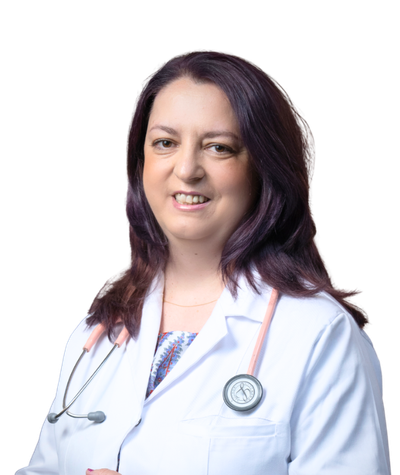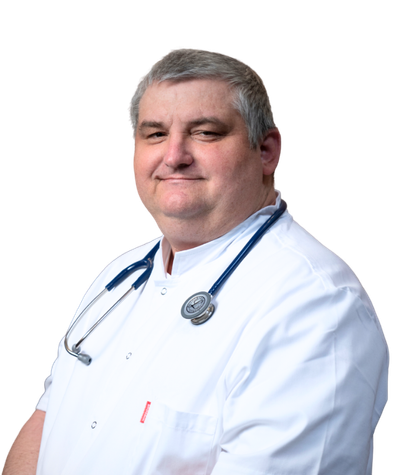- Thyroid hormone
- Used to treat hypothyroidism
- Take on an empty stomach
- Avoid soy-based products while taking this medicine
You should take Eltroxin exactly as prescribed by your healthcare provider. The typical starting dose for adults with hypothyroidism is usually 50-100 micrograms per day. Your doctor may adjust this dose based on your thyroid hormone levels and how you respond to the medication. It's important to take Eltroxin on an empty stomach, at least 30 minutes before eating, to ensure proper absorption. Avoid taking it with calcium supplements, antacids, iron supplements, or certain medications that may interfere with its absorption. If you miss a dose, take it as soon as you remember, unless it's almost time for your next dose. In that case, skip the missed dose and continue with your regular dosing schedule.



